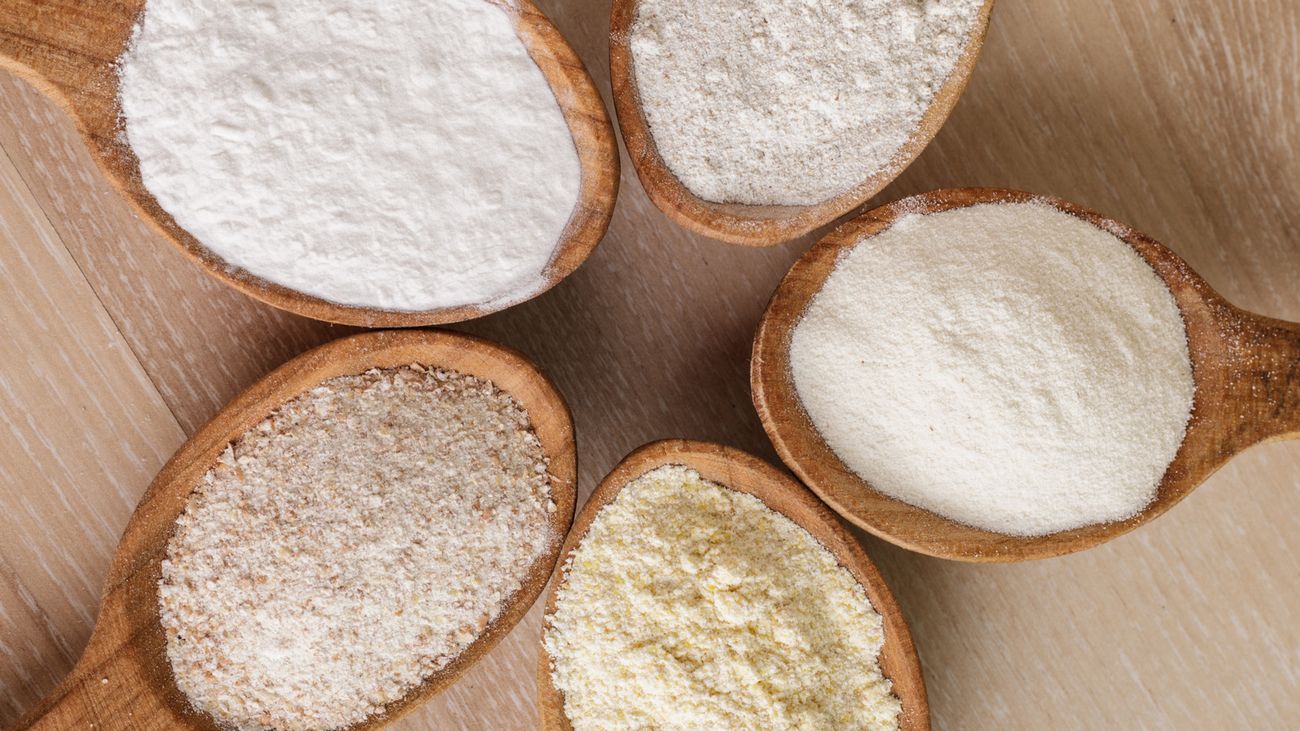Unlocking the Nutrition of Starbucks Egg Bites
Starbucks has become a go-to spot for many people looking for a quick and convenient breakfast option. One popular choice on the menu is the Starbucks Egg Bites. These little bites of goodness are not only delicious but also packed with nutrition. Let’s take a closer look at the nutrition of Starbucks Egg Bites.
Protein Powerhouse
Starbucks Egg Bites are a great source of protein, which is essential for building and repairing tissues in the body. Protein also helps to keep you feeling full and satisfied, making it an ideal choice for breakfast or a mid-morning snack. Each serving of Starbucks Egg Bites contains around 13 grams of protein, making it a protein powerhouse to start your day.
Low in Carbohydrates
For those looking to reduce their carbohydrate intake, Starbucks Egg Bites are a great option. With only 9 grams of carbohydrates per serving, they are a low-carb choice that can fit into a variety of dietary preferences, including keto and low-carb diets.
Healthy Fats
Starbucks Egg Bites also contain healthy fats, which are important for overall health. The egg bites are made with ingredients such as cheese and cottage cheese, which provide a dose of healthy fats that are essential for brain function and nutrient absorption.
Rich in Vitamins and Minerals
In addition to being a good source of protein and healthy fats, Starbucks Egg Bites also provide a variety of essential vitamins and minerals. Eggs are rich in nutrients such as vitamin D, vitamin B12, and selenium, all of which play important roles in maintaining overall health.
Low in Sugar
One of the benefits of Starbucks Egg Bites is that they are low in sugar. With only 1 gram of sugar per serving, they are a great choice for those looking to reduce their sugar intake without sacrificing flavor.
Calorie Conscious
For those who are mindful of their calorie intake, Starbucks Egg Bites are a great option. Each serving contains around 230 calories, making it a reasonable choice for a satisfying and nutritious breakfast or snack.
Conclusion
Starbucks Egg Bites are not only a delicious and convenient breakfast option, but they also offer a range of nutritional benefits. With a good balance of protein, healthy fats, vitamins, and minerals, they make for a well-rounded and satisfying choice. Whether you’re looking for a quick breakfast on the go or a mid-morning pick-me-up, Starbucks Egg Bites are a nutritious option to consider.
Next time you find yourself at Starbucks, consider giving their Egg Bites a try for a tasty and nutritious start to your day.











